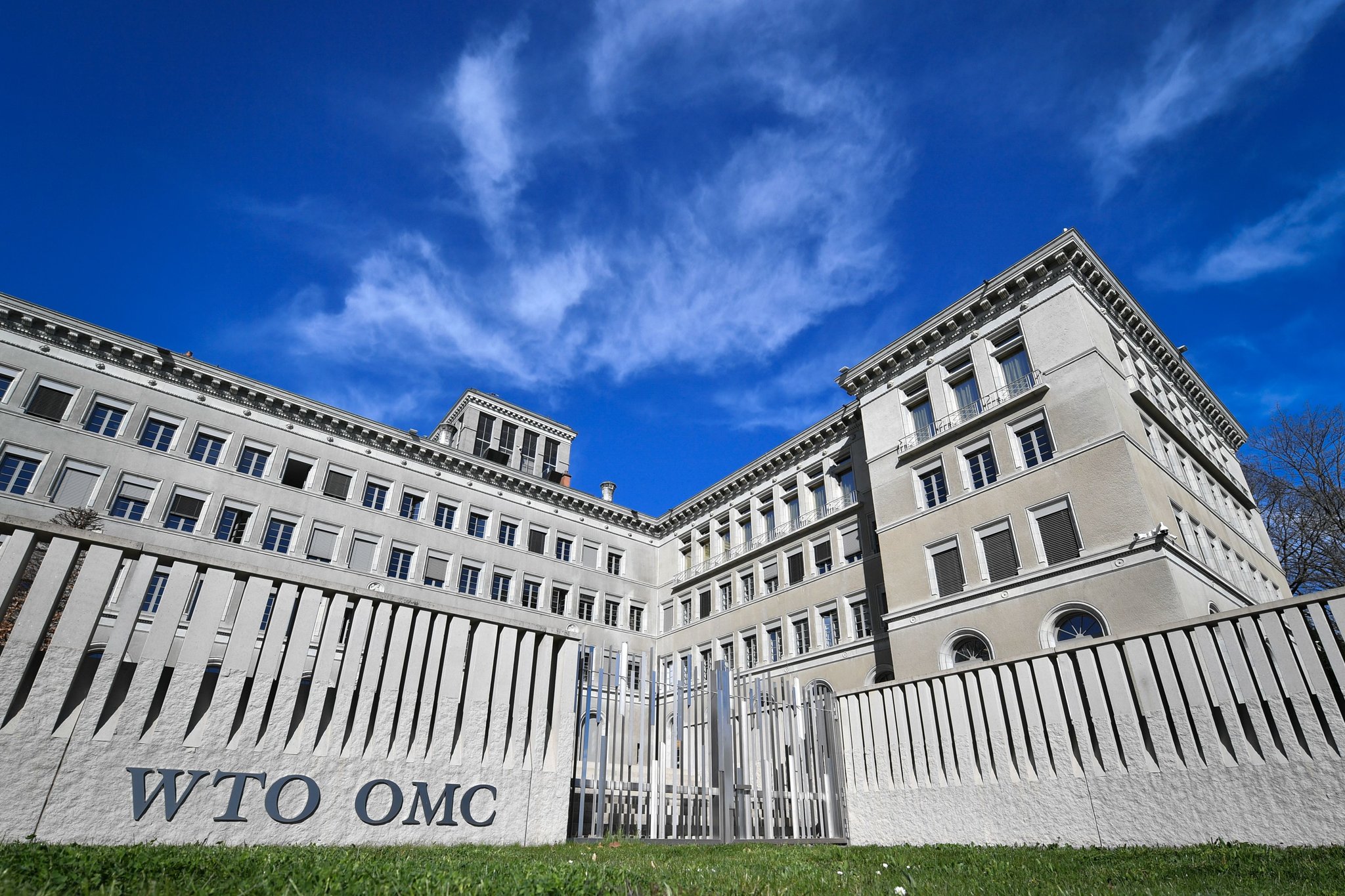RIO DE JANEIRO, BRAZIL – After weeks of silence to avoid a clash with India over the Covid-19 vaccines, the Brazilian government has again opposed the project presented by developing countries to suspend patents on the products.

At a World Trade Organization (WTO) meeting on Wednesday, March 10th, the situation of vaccines and access to immunizers once again became the subject of debate and a rift between the governments.
On one side, India and South Africa again argued that the world vaccine shortage would be partly solved if companies would waive their patents and allow the production of generic versions of the products by laboratories around the world.
The proposal is being attacked by governments in Europe, the United States, and other developed countries, which insist that breaching patents would not solve the crisis. These governments also caution that the initiative would send a wrong message to the industry that has invested to guarantee medical breakthroughs.
Last year, when the proposal was first presented, Brazil surprised other developing nations by being the only emerging country to criticize India’s proposal.
But when the Foreign Ministry needed to negotiate access to AstraZeneca’s vaccines, produced in India, the government chose to remain silent during the meetings.
Now, the government has again taken a position, although it has advocated that agreements should be reached between the pharmaceutical sector and governments for the transfer of technology. However, this does not imply the suspension of patents.
On Wednesday, Brazil was the only developing country to speak out openly against the suspension of patents. The Brazilian delegation insisted that the intellectual property agreements currently in place at the WTO would be enough to protect public health and ensure mechanisms for countries to have access to vaccines and treatments.
According to the Foreign Ministry, flexibilities in WTO agreements, such as compulsory licenses, could be used to expedite the supply of medicines, treatments, and vaccines.
Brazil’s position is not shared by fellow BRICS members India and South Africa, which insist that the current mechanisms are neither agile enough nor broad enough to ensure greater access to the products.
The Brazilian government also praised the WTO board’s efforts and said it is willing to work on “pragmatic initiatives” to expand vaccine production and facilitate technology transfer. But it clarified that this should occur “within multilateral rules.”
On behalf of the proposal’s sponsors, India took the floor to emphasize that the world is not producing enough vaccines to stop the pandemic, despite the existence of several approved products and the world’s unused vaccine production capacity.
For India, the proposal to suspend patents represents an “open and fast” global solution to enable uninterrupted cooperation in the production and supply of products and technologies.
The Indian delegate also lamented that although the proposal is supported by more than 100 members, some delegations continue to oppose it. According to him, the governments that prevent the proposal from being implemented are the same ones that “have accumulated more vaccines than they need,” thereby exacerbating global inequality.
However, India argued that some countries which had initially refused to consider suspending patents, such as Australia, Canada, Chile, and Mexico, have finally realized the serious challenge involved in producing and distributing vaccines.
For its part, South Africa insisted that the international community must not further delay the debate, and that it wants to engage in negotiations on the proposal’s scope and duration.
The South Africans also refuted Brazil and other governments’ alternative proposal of compulsory licensing, arguing a lack of transparency and a limited geographical scope that excludes many developing countries from benefiting from it. “If it were to work, it should have worked by now,” they said.
According to them, such a system did not work for the HIV pandemic, in which at least 11 million African lives were lost because there was no access to life-saving drugs. “And that was partly due to and potentially perhaps due to the practices of pharmaceutical companies.”
“We have to learn from our past mistakes and ensure that the experience of secretive, limited and restricted voluntary licenses is not repeated,” the South African delegation said.
Source: UOL

